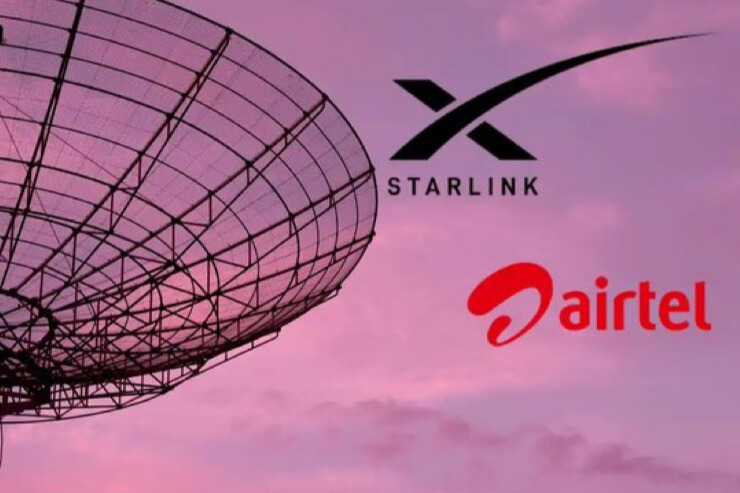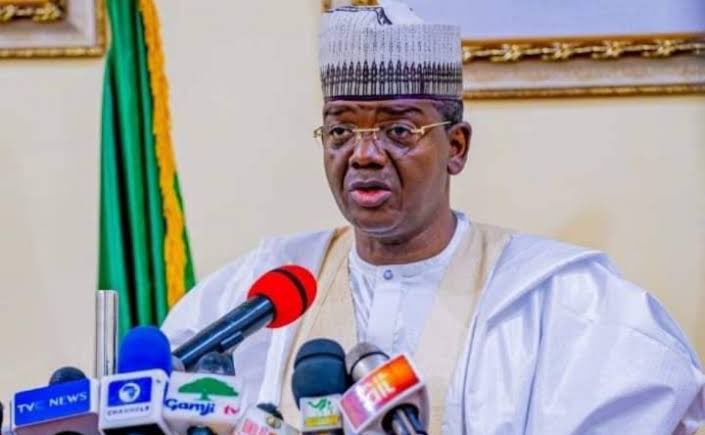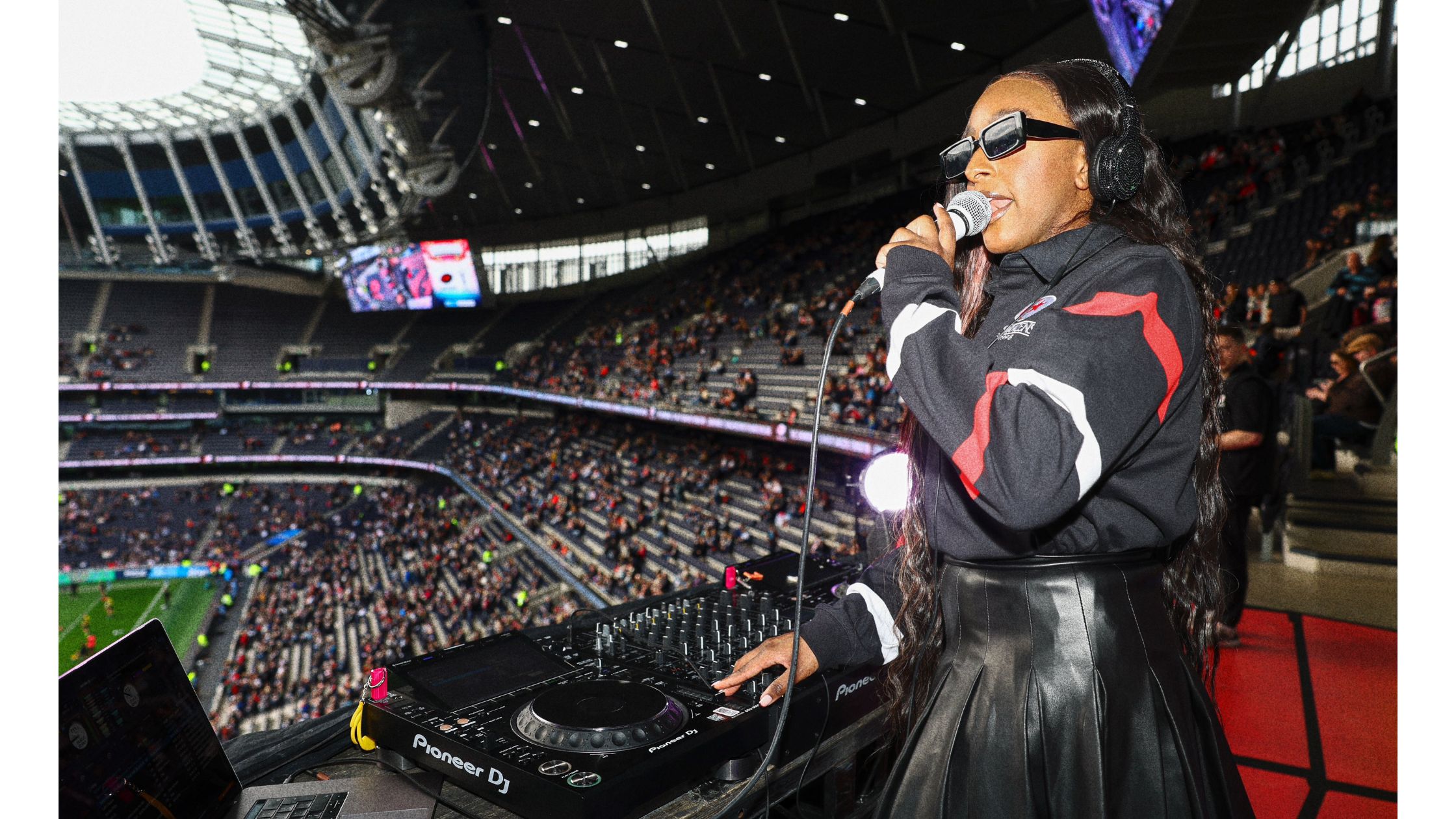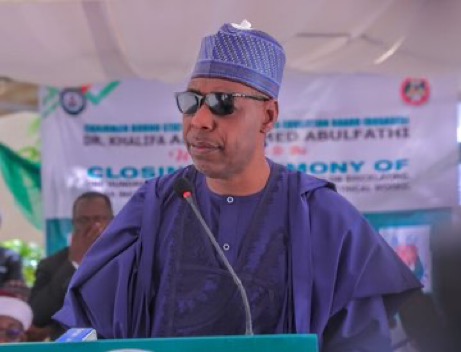Across the world, cities are evolving rapidly. From Seoul to Dubai to Barcelona, artificial intelligence is transforming urban life. Smart traffic systems are easing congestion, AI-powered surveillance is improving public safety, and data driven planning is helping governments allocate resources more efficiently. But in Nigeria, these innovations feel far removed from daily reality.
Instead of smart cities, Nigerians are still dealing with dark streets and failing infrastructure. In places where AI could help streamline traffic, most traffic lights don’t work. Where AI could assist in monitoring waste management or improving public health, basic utilities like power and water are still unreliable.
The main barrier isn’t technology it’s infrastructure. Constant power outages, poor internet connectivity, and outdated government systems make it nearly impossible to deploy smart solutions. For AI to work, you need data, electricity, and stable networks. Nigeria lacks all three in many parts of the country.
It’s not just about resources. Experts argue that Nigeria also suffers from a leadership gap when it comes to digital planning. While other nations are setting bold targets for smart city development, Nigeria lacks a clear, unified strategy. There are some local initiatives, but without national coordination and consistent investment, progress will remain scattered and slow.
Meanwhile, Nigerian tech talent is helping build smart cities abroad. Many skilled developers, engineers, and data scientists trained in Nigeria are making contributions in the UK, Canada, and the US. The irony is painful: while the world moves forward using tools built by Nigerians, the country itself remains stuck in outdated systems.
Until the power issue is solved, infrastructure is upgraded, and leaders fully embrace digital transformation, smart cities will remain a distant dream for most Nigerians.








Leave a Reply